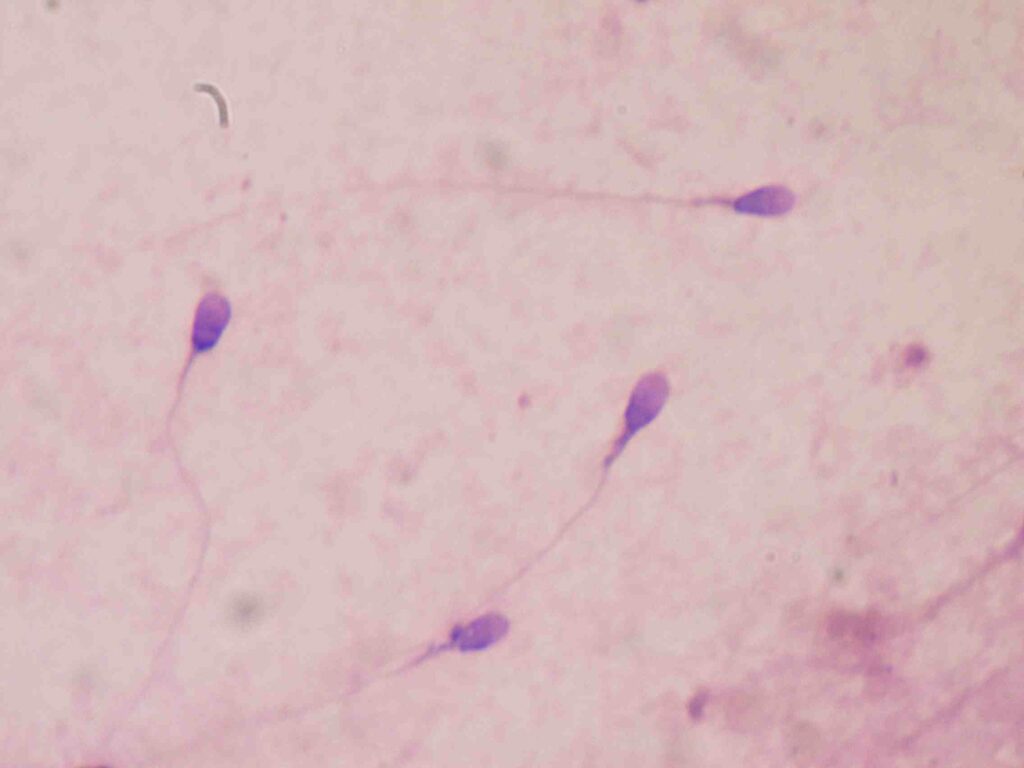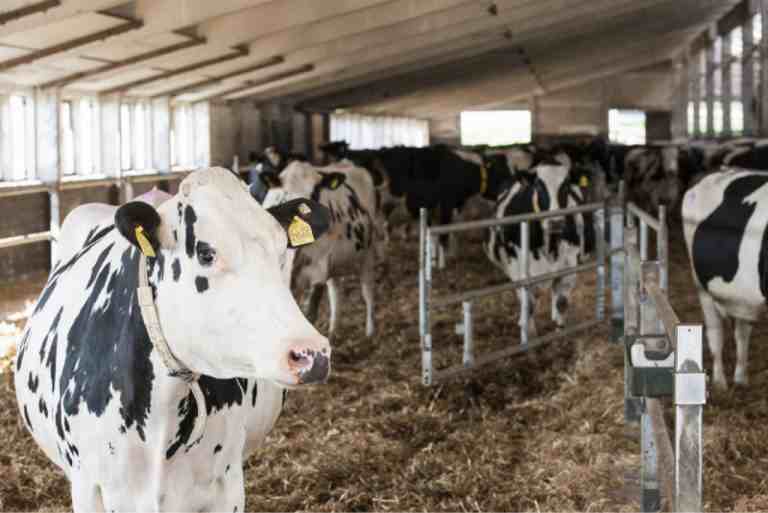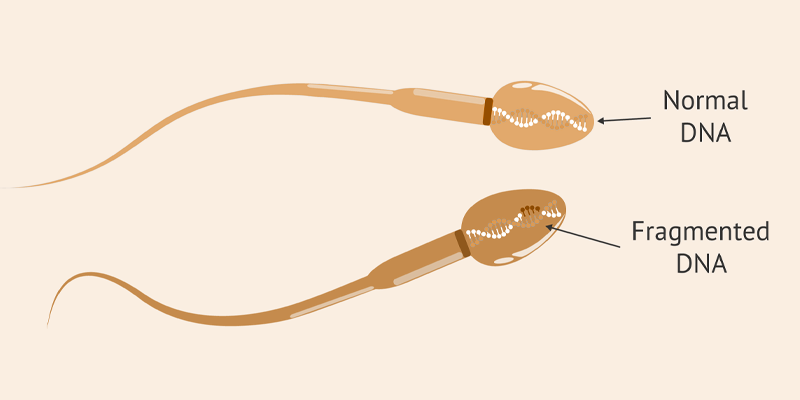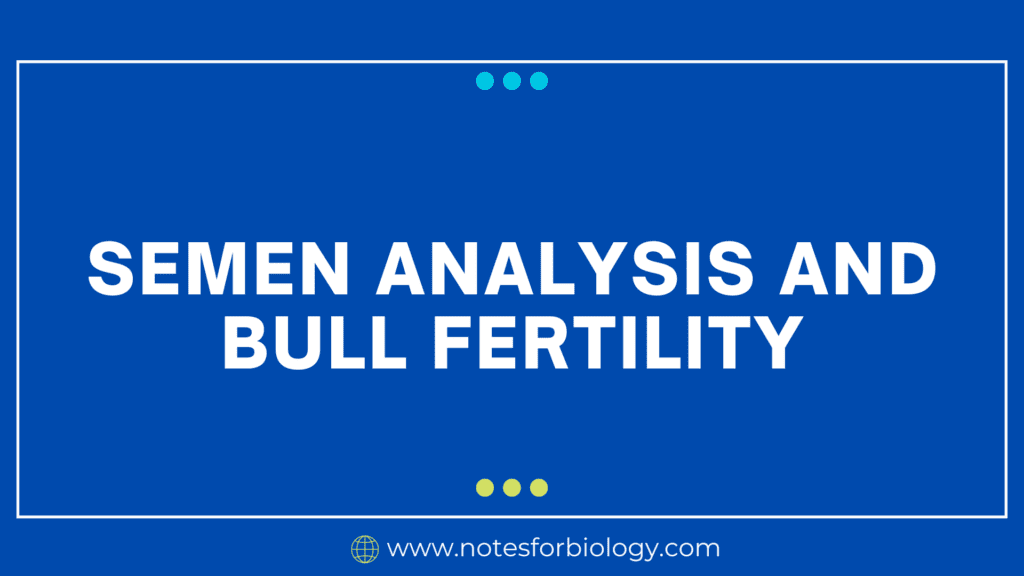What is Semen analysis?

A semen analysis is a laboratory test that examines a man’s semen, looking at various aspects like volume, sperm concentration, motility, morphology, and other factors to assess overall fertility potential. It is a key component of male infertility evaluation and can also be used to monitor the effectiveness of certain treatments.
It is a crucial tool for evaluating a bull’s fertility and identifying potential breeding issues. This analysis provides valuable information about the quality and quantity of the semen, directly impacting the success of artificial insemination (AI) and natural breeding.
Table of Contents
Bull fertility

Its refers to a male bovine’s ability to successfully reproduce. It encompasses various factors, including physical health, reproductive organ development, semen quality, and mating behavior. A fertile bull will produce viable sperm with normal morphology and motility, enabling him to effectively inseminate cows and result in successful pregnancies.
Key indicators of it include a healthy libido, the ability to mount and service cows, and the production of a sufficient volume of semen with high sperm concentration and motility. Poor nutrition, disease, genetic predisposition, and age can all negatively impact B. fertility, leading to reduced breeding efficiency and financial losses for livestock farmers. Therefore, regular monitoring and management of bull health and reproductive performance are crucial to maximize herd productivity.
Here’s a breakdown of the key aspects of S. analysis and its connection to B. fertility:
Semen Collection and Evaluation
Collection: It is collected using an artificial vagina (AV) or an electroejaculator, which mimics natural stimulation.
Gross Evaluation: Initial observations include volume, color, odor, and viscosity, providing insights into potential abnormalities.
Microscopic Examination
Sperm Concentration: Evaluates the number of sperm cells per unit volume, reflecting the overall sperm count.
Motility: Assesses the percentage of sperm cells capable of forward movement, crucial for fertilization.
Morphology: Examines the physical structure of sperm cells, identifying any abnormalities that can hinder fertilization.
Live/Dead Sperm: Differentiates between viable and non-viable sperm cells, indicating the overall health of the sperm population.
Additional Tests (Optional)
Sperm Viability: Measures the percentage of sperm cells capable of fertilizing an egg.
Acrosome Integrity: Assesses the integrity of the acrosome, a structure essential for fertilization.
DNA Integrity: Evaluates the quality of sperm DNA, which can impact embryo development.

Interpretation and Impact on Fertility
High Sperm Concentration & Motility: Indicates a higher chance of fertilization.
Normal Morphology & Live Sperm: Suggest healthy sperm cells capable of successful fertilization.
Abnormal Findings: May point towards potential breeding issues, such as low sperm count, poor motility, or morphological defects.
Factors Influencing Bull Fertility
Age & Genetics: Older bulls or those with poor genetics may exhibit lower fertility.
Nutrition & Health: Adequate nutrition and disease prevention are crucial for healthy sperm production.
Stress & Environmental Factors: Heat stress, overcrowding, and other stressors can negatively impact sperm quality.
Semen Analysis & AI
AI Programs: It guides the selection of bulls for AI programs, ensuring the use of fertile and high-quality semen.
Sperm Storage: It determines the optimal conditions for storing and freezing semen, ensuring its viability for future use.
Conclusion
It is an essential tool for evaluating bull fertility and managing breeding programs effectively. Regular analysis helps identify potential issues, optimize reproductive efficiency, and ultimately maximize profitability.
Important Note: This information is for general knowledge and educational purposes only. It is crucial to consult with a veterinarian or reproductive specialist for accurate diagnoses and tailored advice regarding bull fertility and S. analysis.
Frequently Asked Questions(FAQ)
What is Semen analysis?
It is a laboratory test that examines a man’s semen, looking at various aspects like volume, sperm concentration, motility, morphology, and other factors to assess overall fertility potential. It is a key component of male infertility evaluation and can also be used to monitor the effectiveness of certain treatments.
What is bull fertility?
Bull fertility refers to a male bovine’s ability to successfully reproduce. It encompasses various factors, including physical health, reproductive organ development, quality, and mating behavior. A fertile bull will produce viable sperm with normal morphology and motility, enabling him to effectively inseminate cows and result in successful pregnancies.
What are the factors that affects bull fertility?
The factors that affects bull fertility are,
1. Age & Genetics: Older bulls or those with poor genetics may exhibit lower fertility.
2. Nutrition & Health: Adequate nutrition and disease prevention are crucial for healthy sperm production.
3. Stress & Environmental Factors: Heat stress, overcrowding, and other stressors can negatively impact sperm quality.
Related Articles

